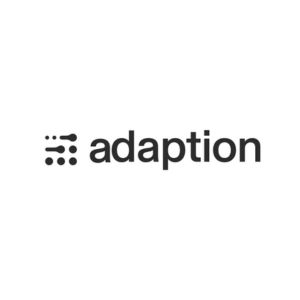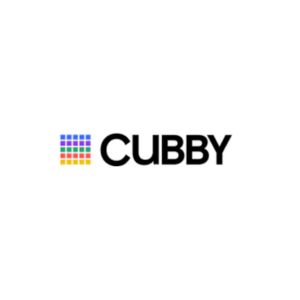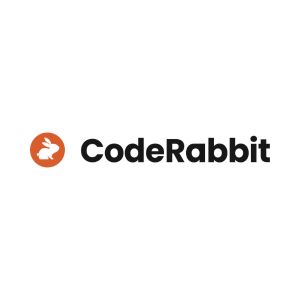Startups & Business News

The world of pharmaceutical innovation is on the brink of a major transformation as Isomorphic Labs, a subsidiary of Alphabet and a spinout from Google DeepMind, prepares to launch the first human clinical trials of AI-designed cancer drugs. This landmark moment signals not just a technological leap, but a potential paradigm shift in how new therapies are discovered, tested, and brought to patients.
Why AI-Designed Drugs Are Making Headlines
Traditional drug development is a slow, costly process—often taking a decade and billions of dollars to bring a single treatment to market, with a success rate hovering around 10%. AI-driven drug discovery aims to rewrite these odds. By leveraging advanced machine learning and protein modeling, AI can rapidly predict how molecules will interact, identify promising drug candidates, and optimize their design long before they ever enter a lab.
The centerpiece of Isomorphic Labs’ approach is AlphaFold, the Nobel Prize-winning AI system renowned for its ability to predict complex protein structures. This technology allows researchers to model how potential cancer drugs might interact with their targets at a molecular level, drastically accelerating the identification of viable compounds.
What Sets This Trial Apart
First-of-its-kind human testing: While AI has been used in early-stage drug discovery for years, this is among the first times that drugs designed entirely by AI will be tested in humans.
Focus on oncology: The initial trials will target cancer, an area where traditional drug discovery has faced particularly high failure rates and urgent unmet medical needs.
Industry partnerships: Backed by $600 million in funding and collaborations with pharmaceutical giants like Novartis and Eli Lilly, Isomorphic Labs is positioned at the intersection of AI innovation and clinical expertise.
The Broader Impact: A New Era for Drug Development
If successful, these trials could validate the promise of AI in medicine—not just as a tool for speeding up research, but as a catalyst for entirely new classes of therapies. Experts believe that, beyond oncology, AI-designed drugs could soon address complex diseases in immunology and rare disorders, fundamentally changing the economics and timelines of drug development.
Generative AI is already being used to:
Accelerate target identification and validation
Optimize compound screening and selection
Predict toxicity and efficacy before clinical trials
Streamline clinical trial design and patient recruitment
These advancements could mean shorter development cycles, lower costs, and higher success rates for new medicines.
How might regulatory agencies adapt to approve AI-created therapies faster
Regulatory agencies are actively adapting to the rapid emergence of AI-created therapies by modernizing their processes, investing in new capabilities, and leveraging AI themselves to accelerate approvals—while maintaining rigorous safety standards.
AI-Enhanced Submission Review: Agencies like the FDA and EMA are beginning to accept and even encourage “AI-enhanced” regulatory submissions. AI tools can generate, validate, and review submission documents, flagging inconsistencies and ensuring completeness. This can make regulatory submissions up to 40% faster, halve costs, and reduce document quality issues, leading to smoother and quicker reviews.
Predictive AI for Regulatory Questions: AI-driven “regulatory intelligence engines” can analyze historical regulatory queries to anticipate likely questions from agencies. This allows companies to proactively address concerns, resulting in up to 30% faster response times and fewer follow-up questions, which shortens review cycles.
Capacity and Capability Building: Agencies are investing in building specialized AI-focused teams, upskilling staff, and enhancing technological infrastructure to handle the complexity and volume of AI-driven drug applications. This includes continuous training, recruiting AI experts, and forming interdisciplinary teams.
Human-in/on-the-Loop Oversight: Regulators are adopting frameworks where humans remain central to critical decision points (Human-in-the-Loop) or supervise AI-driven processes (Human-on-the-Loop), ensuring that while AI accelerates routine tasks, essential human oversight and ethical standards are maintained.
Remote Monitoring and Real-Time Analytics: With AI and IoT integration, agencies can conduct remote audits, monitor real-time data, and automate compliance checks, reducing the need for physical inspections and enabling faster, more efficient oversight.
Post-Approval Algorithmovigilance: Agencies are exploring continuous monitoring of AI systems post-approval, requiring companies to report on the real-world performance and updates of critical AI models, ensuring ongoing safety and efficacy.
Guidance and Standardization: Regulators are working on new guidelines and standards specific to AI and machine learning, including transparency, explainability, and ethical use, to ensure that AI-created therapies meet robust safety and efficacy benchmarks.
What’s Next?
The upcoming human trials are more than just a technical milestone—they’re a real-world test of whether AI can deliver on its promise to revolutionize healthcare. The results will be closely watched by biotech investors, pharmaceutical leaders, and regulators worldwide.
If the AI-designed cancer drugs prove safe and effective in humans, we could see a surge in investment and adoption of AI methodologies across the pharmaceutical industry. This would not only benefit patients with faster access to innovative treatments but could also reshape the future of drug discovery as we know it.
This moment marks the dawn of a new era—where AI is not just assisting, but actively creating the next generation of life-saving therapies. The world will be watching as the first AI-designed cancer drugs enter the most important trial of all: the human body.

futureTEKnow
Editorial Team
futureTEKnow is a leading source for Technology, Startups, and Business News, spotlighting the most innovative companies and breakthrough trends in emerging tech sectors like Artificial Intelligence (AI), Robotics, and the Space Industry.
Discover the companies and startups shaping tomorrow — explore the future of technology today.
Most Popular
Trending Companies
Latest Articles
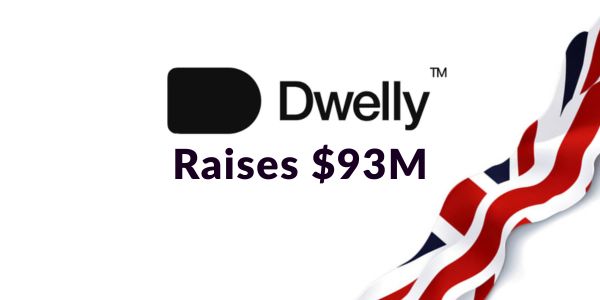
Dwelly Raises $93M to Supercharge AI-Powered UK Rentals Roll-Up
London startup Dwelly just landed $93M to snap up UK rental agencies and inject AI smarts. Founders from Uber and

Encord Raises $60M Series C: Fueling Physical AI Data Wave
Encord just landed $60M in Series C funding to supercharge data tools for physical AI. Founders Eric Landau and Ulrik

Foodforecast Raises €8M Series A to Slash Ultra-Fresh Food Waste with AI
Foodforecast, a Cologne AI foodtech firm, just scored €8M in Series A funding led by SHIFT Invest. Their tools predict

AI-Driven Operational Excellence: How Leaders Scale Ownership, Discipline, and Continuous Improvement in 2026
In 2026, AI scales operational excellence fundamentals—clear ownership, disciplined execution, and continuous improvement—letting leaders focus on outcomes while systems handle

VoiceLine raises €10M to scale voice AI for enterprise frontline teams
Munich-based VoiceLine has closed a €10M Series A round to grow its voice AI platform for frontline sales and service

AI-Driven Logistics & Distribution Transformation: From Insight to Scalable Impact
AI is redefining logistics transformation—from network design to real-time execution. This article explores how data-driven insight, intelligent automation, and scalable
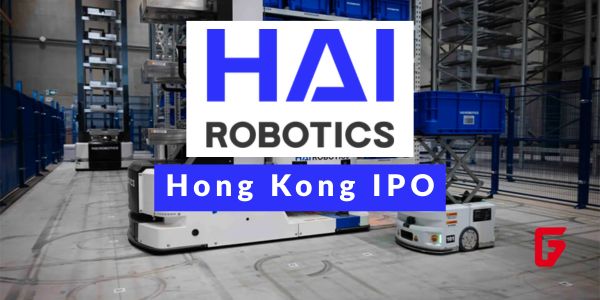
Hai Robotics Hong Kong IPO: From Startup Funding to Warehouse Robot Leader
Shenzhen’s Hai Robotics, pioneer in ACR warehouse robots, files for HK IPO after raising over $500M in funding rounds led

AI-Enabled Process Engineering & Continuous Improvement: Designing Systems That Learn
Explore how AI transforms process engineering and continuous improvement into self-learning systems. This article explains how organizations can design operations
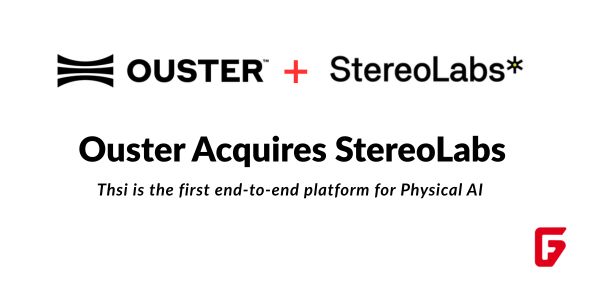
Ouster Acquires StereoLabs: Unified Physical AI Sensing Platform Launches
Ouster’s $35M StereoLabs acquisition fuses lidar and ZED cameras into end-to-end Physical AI sensing. Founders Cecile Schmollgruber and team drive
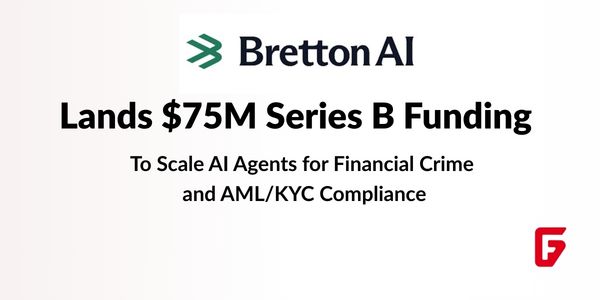
Bretton AI Lands $75M Series B Funding to Scale AI Agents for Financial Crime and AML/KYC Compliance
Bretton AI’s $75M Series B modernizes AML KYC compliance via AI agents, slashing staffing costs for banks and fintechs like

Axiom Space Raises $350M to Build Commercial Space Station and NASA Spacesuits
Axiom Space has locked in a fresh $350M raise to push its commercial space station and NASA lunar spacesuits toward

Santé Raises $7.6M Seed: AI Fintech Revolution for Wine and Liquor Retail
New York startup Santé secures $7.6M seed to build AI-powered POS for liquor stores, tackling regs & inventory woes after
futureTEKnow is focused on identifying and promoting creators, disruptors and innovators, and serving as a vital resource for those interested in the latest advancements in technology.
© 2026 All Rights Reserved.
![Discover the top 10 AI companies in Germany [1st Edition], revolutionizing industries with cutting-edge technology and innovations.](https://futureteknow.com/wp-content/uploads/2025/02/Top-10-AI-Companies-in-Germany-Leading-the-Tech-Revolution-futureTEKnow.jpg)


